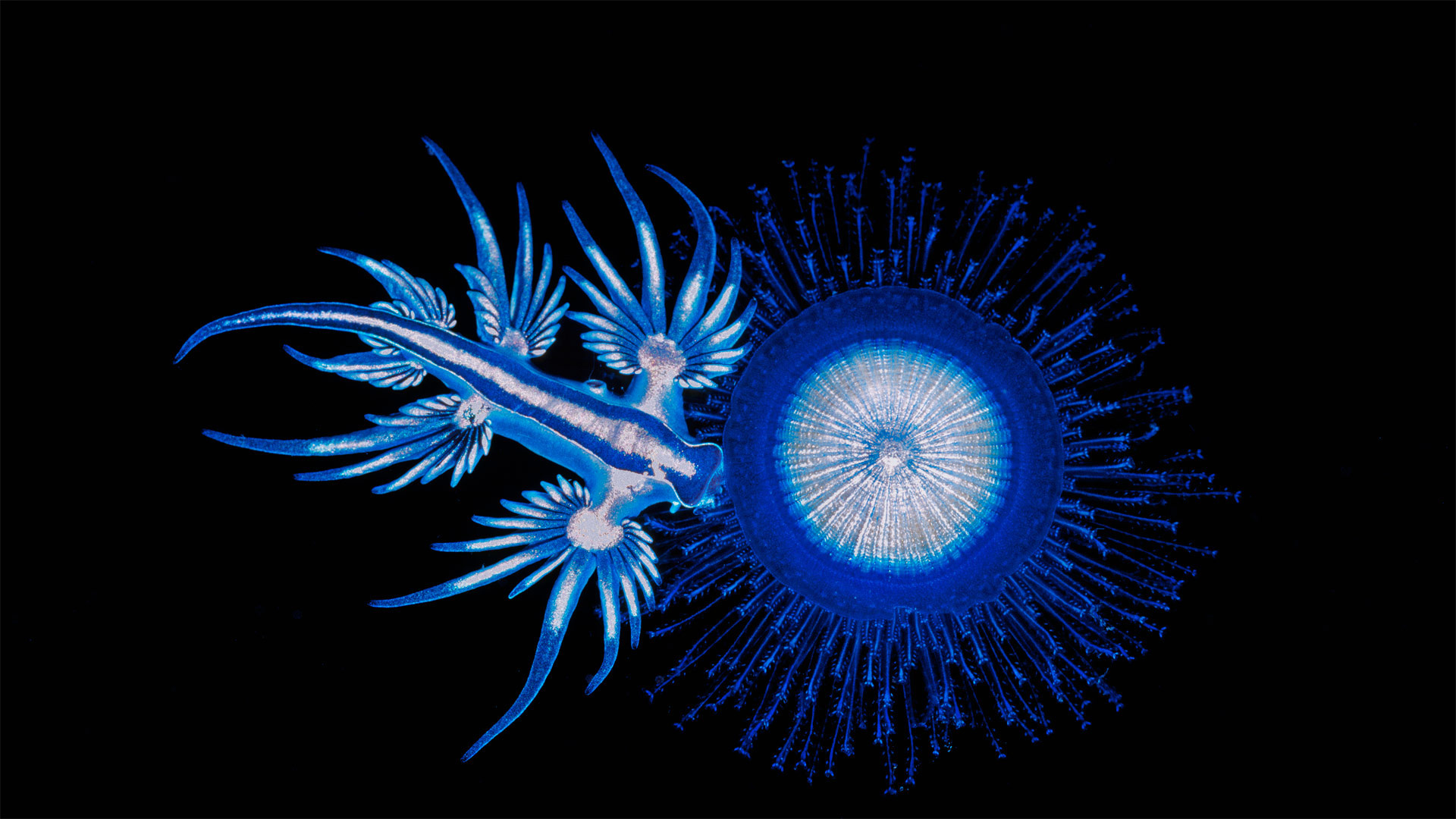Animal incinerators are an essential tool for ensuring biosecurity and compliance in the disposal of animal remains. The latest advancements in incinerator technology have made it easier than ever for farms, veterinary clinics, and research facilities to safely and efficiently dispose of animal carcasses and waste.
Importance of Biosecurity
Biosecurity is a critical concern in any facility that deals with animals. Proper disposal of animal remains is essential to prevent the spread of disease and protect the health of other animals on the premises. Biosecurity measures aim to prevent the introduction and spread of pathogens, parasites, and harmful microorganisms that can pose a threat to animal health.
Compliance with Regulations
Compliance with regulations governing the disposal of animal carcasses is not only necessary to protect animal health but also to avoid potential fines and legal consequences. Facilities that fail to comply with regulations may face penalties and damage to their reputation, as well as endanger the health of their animals and surrounding environment.
LATEST TECHNOLOGICAL ADVANCEMENTS
The latest animal incinerator technology offers several key benefits for ensuring biosecurity and compliance in the disposal of animal remains:
1. Automated Control Systems
Modern animal incinerators are equipped with advanced automated control systems that ensure precise and efficient incineration processes. These systems monitor and adjust temperature, airflow, and burn rates to optimize combustion and reduce emissions. By automating these processes, operators can achieve more consistent and reliable results while minimizing the risk of human error.
2. High-Temperature Combustion
The latest animal incinerators are designed to reach high temperatures that ensure complete combustion of animal remains, reducing waste volume and eliminating pathogens, toxins, and odors. High-temperature combustion also helps to reduce emissions of harmful gases and particulate matter, making the disposal process more environmentally friendly.
3. Air Pollution Control Devices
To further enhance environmental protection, many modern animal incinerators are equipped with air pollution control devices such as scrubbers, filters, and catalytic converters. These devices help to remove pollutants from the exhaust gases before they are released into the atmosphere, reducing the impact on air quality and human health.
Conclusion
Ensuring biosecurity and compliance with regulations is essential for any facility that deals with animals. The latest animal incinerator technology offers efficient and effective solutions for disposing of animal remains while minimizing the risk of disease transmission and environmental harm. By investing in advanced incinerator technology, facilities can protect the health of their animals, comply with regulations, and contribute to a safer and cleaner environment.







